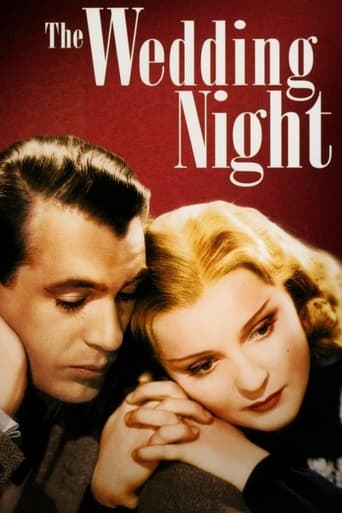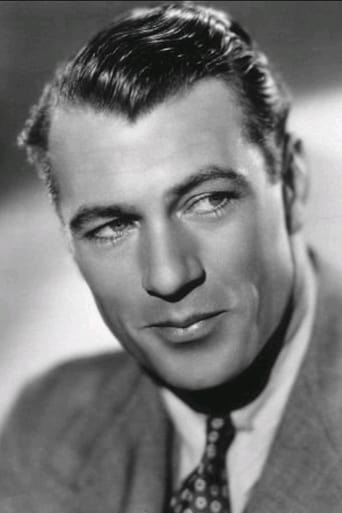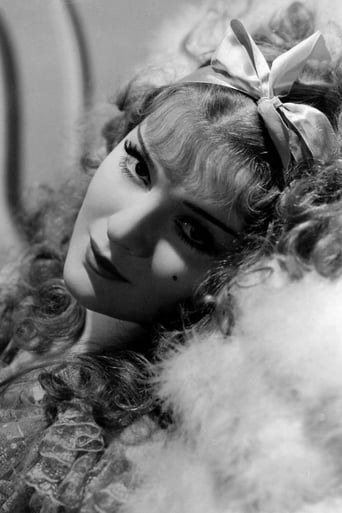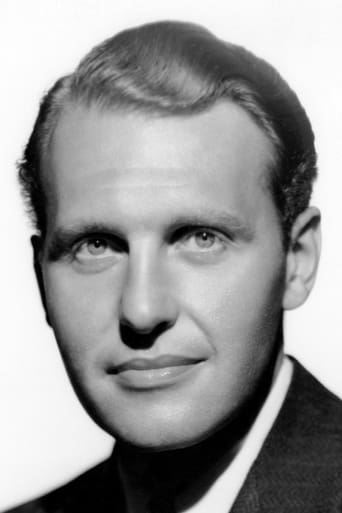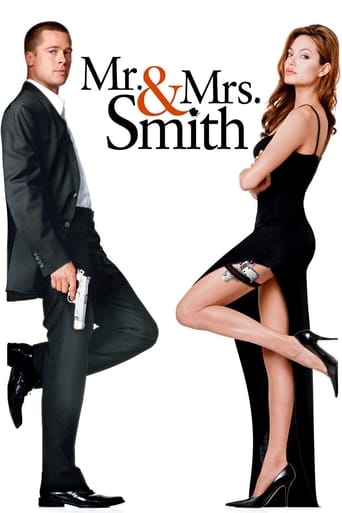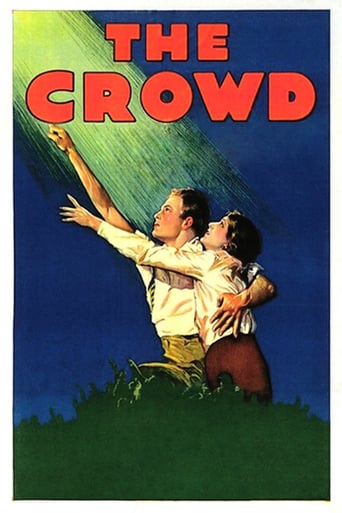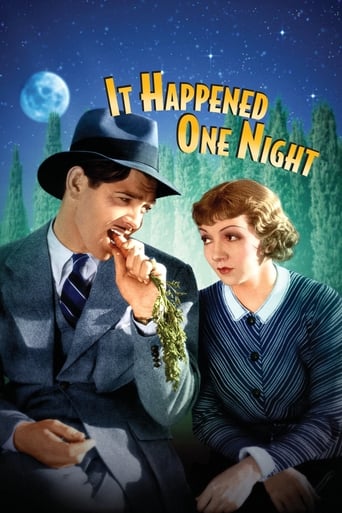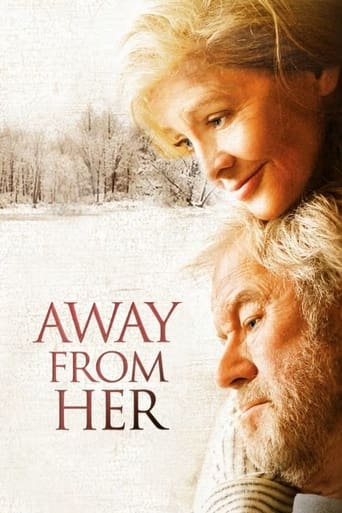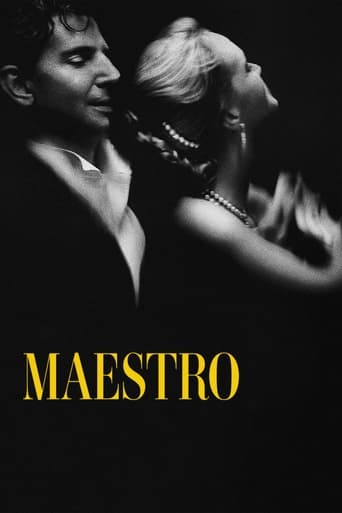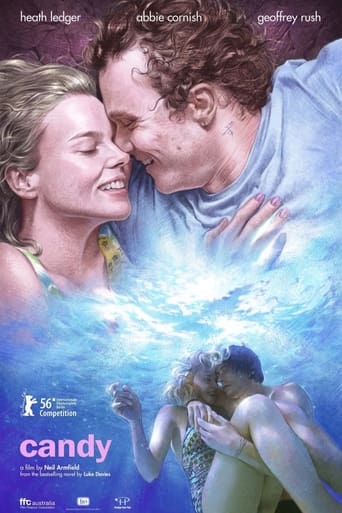The Wedding Night (1935)
While working on a novel in his country home in Connecticut, married writer Tony Barrett (Cooper) becomes attracted to Manya (Sten), the daughter of a neighboring farmer. Manya is unhappily engaged to Frederik (Bellamy). Due to a snowstorm, Tony and Manya are trapped together in his house overnight. The next day, Manya's father insists her wedding to Frederik take place in spite of Manya's misgivings. Drunkenness and jealousy result in tragedy at the wedding reception that night.
Watch Trailer
Cast


Similar titles
Reviews
Nothing gets a woman's heart pumping a little quicker than an early Gary Cooper movie, and The Wedding Night from 1935 is no exception.Cooper is writer Tony Barratt - think F. Scott Fitzgerald - whose publisher doesn't want his next book and tells him whatever he had, he's lost it. So he and his wife Dora (Helen Vinson) take off for an inherited country home. Tony becomes intrigued by the family of Polish émigrés who live nearby, particularly the beautiful daughter, Manya Novak (Sten).Okay, here is something that confuses me. My friends are of Polish descent. They called their sister Mary Manya. So far, so good.This family's last name is Novak. That's Czech.And they say Dasvidaniya, which is Russian. Go figure.Back to the story. After the father (Sig Ruman) buys a field from Tony for $5,000, Dora wants to hightail it back to New York, now that they have some money. Tony decides to stay. He begins writing a book about the family.He and Manya fall in love, though it's unconsummated. She is engaged to Fredrik Sobieski (Ralph Bellamy) a real bumpkin, whom she doesn't love. When she decides not to marry him, her father has a fit, and the engagement is back on. Meanwhile, Tony wants a divorce.Bittersweet film with lovely performances by Cooper and Sten. Cooper in the beginning is immaculate in a suit, and he and Dora are part of the high-class social set. He did play many sophisticated roles in the '30s, but Mr. Deeds and westerns would follow. Instead of strong and silent, here he's animated and romantic.This film was apparently supposed to introduce Anna Sten to American audiences. Sam Goldwyn wanted to build her up as the next Garbo. I don't know about you, but I don't remember Greta Garbo playing a farmer with dowdy clothes. If he was going to build her up, why not showcase her beauty? She was beautiful, and her acting is very good. To me she hasn't the presence of Garbo or Dietrich, but I think Goldwyn could have given her better treatment.Helen Vinson really has the strongest role, and she was up to it.Very poignant story, directed by King Vidor, and beautifully photographed.
I had no expectations for this movie before I saw it, expect a high regard for Gary Cooper and director King Vidor, and neither disappointed me in this nice effort from them.As mentioned before, this story concerns married writer Gary Cooper --one not unlike F. Scott Fitzgerald -- who has lost his groove, and had his latest novel rejected by his publisher. He is forced to give up his Manhattan apartment and move back to the abandoned family homestead in Connecticut. There he meets a community of Polish immigrants, and slowly falls in love with beautiful young Polish girl Anna Sten, who he had hired to help around the house.My first thought about this movie as I watched it, was that the leading man was more beautiful than the leading lady, as Gary Cooper certainly looked fabulous and was photographed with great sensitivity. Cooper in his modern American clothes certainly had the upper hand over Sten, who was always wearing dowdy traditional Eastern European dresses and hats. She was almost completely covered up in these costumes for the duration, and it would have been a treat to see her in American garb.The speed that Cooper's character falls in love with the young girl is questionable, especially considering he has a beautiful, funny and intelligent wife played by Helen Vinson. Perhaps it's the Polish girl's youth and innocence he's attracted to, but I think he's not as heroic as the movie-makers intend him to be. The wife does leave him alone in snowy New England to work on his novel, but he needn't stab her in the back by falling in love with another. Cooper's character comes off somewhat of a cad, and I never was able to sympathize with him enough to make me really care about his final happiness.The movie paints the wife as a shallow but glamorous socialite, caring only for the next party of get-away weekend at his expense. But at about two-thirds into the movie and after she has read his manuscript, she has a strong and wonderful scene with Sten where she discusses the hypothetical endings for the novel. Vinson really shines in this scene, which includes one incredibly long take with at least three pages of dialog. I thought both Vinson and the often-maligned Sten made it all work very nicely. This was the moment when you can see the strength under the airy facade, of Vinson's character.The movie takes a very dark turn partway through, and some of the scenes really rise to the level of verbal and physical abuse, something I hadn't expected to see. But the production values are great, Greg Toland's camera work shines, and the locations and sets are really convincing.But what somewhat bothered me in its intensity were these two scenes with Sten and her family. How brutal is the scene where her father and Ralph Bellamy want her to watch Bellamy slaughter pigs? I mean she said about 5 times that it makes her sick, and they kept insisting. And then finally after she runs off -- she and the audience get to hear the sound effect of pigs squealing as they're being butchered. Didn't expect this movie to go there...And then when her father, who was introduced as an amiable figure, gets so angry at Sten that he slaps her face with such intensity. Seemed pretty violent by today's standards...Finally, I admire and still wonder about the ambiguous ending. Obviously, the Polish girl has died. Vinson is standing next to Cooper as he gazes out the window. She speaks to him and then he remembers aloud how Sten would look coming up to the house. He sees her in his imagination. The camera pulls back, and now Vinson is no longer in the room or the scene. Did she leave him after all? Did she decide she didn't want to stay with a man who had such a love for another woman?
I just watched this movie this morning on Turner Cable Movies. Gary Cooper, in my opinion, was the most handsome movie actor, ever. Writer Tony and his wife Dora move to Connecticut to his ancestral home. Actually a beautiful big country home that I would love to live in! He meets his Polish neighbors who buy a plot of land from him for $5,000. His socialite wife hates the house and the desolation of living in the country. Gary (Tony) gives his wife the $5,000 so she can go back to New York to see her old friends and "shop." The daughter of the Polish neighbor, Manya, delivers milk to Tony every morning, then cooks him breakfast, and eventually comes to take care of the house. Tony starts writing a book about Manya and her family. Manya and Tony start falling in love. But Manya is committed to marry a man whom she does not love, Frederik played by Ralph Bellamy. Then the wife comes back, and Tony tells her he wants a divorce, that he loves Manya. The wedding between Frederik and Manya takes place, but Frederik gets totally drunk and realizes that Manya loves Tony. Frederik goes off to Tony's house to kill him. Then there is the tragedy that ends the movie.When I was watching the movie, I was wondering where this movie was filmed. There is no "filming location" listed in IMDb. It is quite obvious that there are several outdoor scenes, not on a sound stage.A lovely movie. I enjoyed it tremendously.
Loved the movie. Old fashion love story despite the perhaps arguable marriage angle distraction. The scenery is BEAUTIFUL, especially good for a cold winter night's viewing by a fireplace. I thought the subtle differences in what was acceptable in the 30s and today was quite remarkable too. Especially when Cooper sat on the end of the bed during his conversation (which was by itself quite the fuss back than)with the girl. Overall the story also gives an interesting review of immigration and the nation's feelings about it. Hard work was certainly central to the movie's theme and of course the end is tragic as the guy doesn't get the girl.

